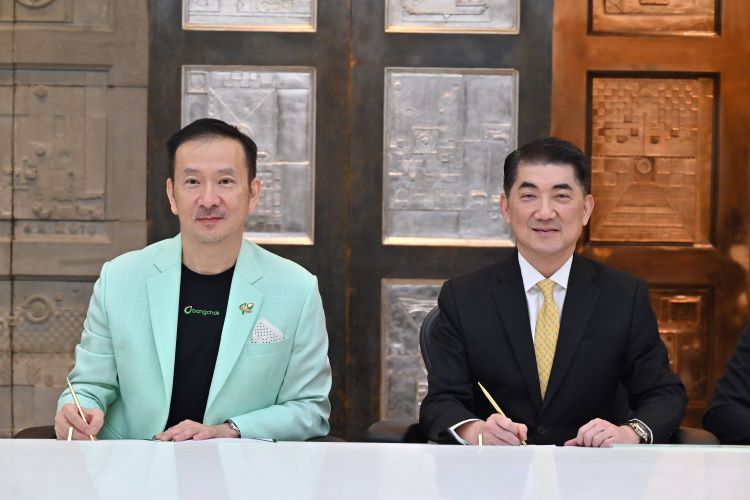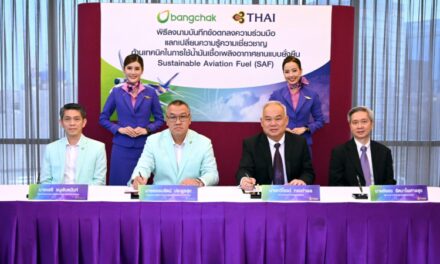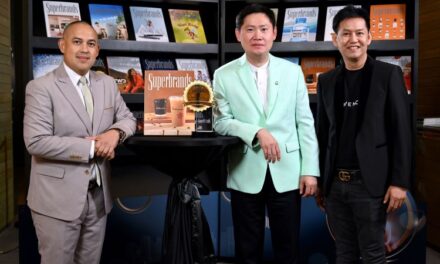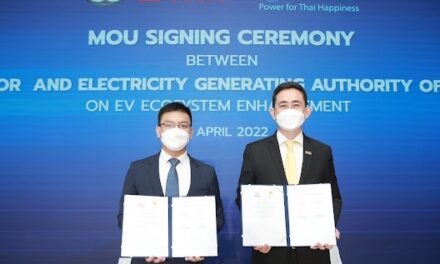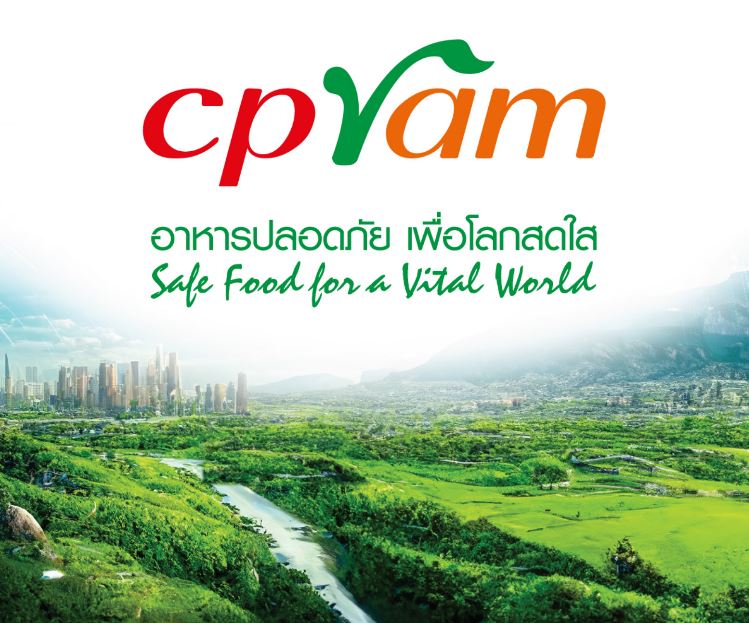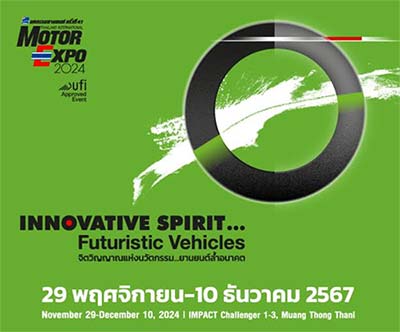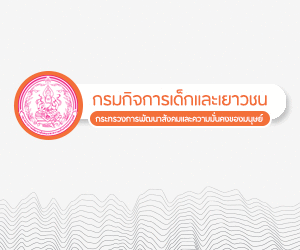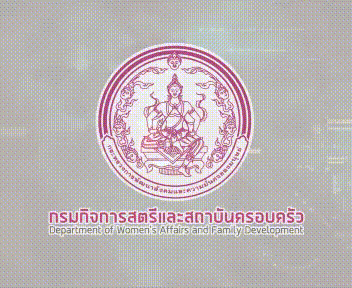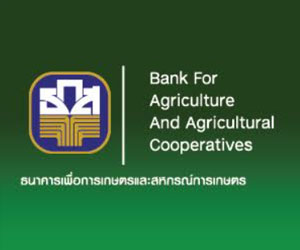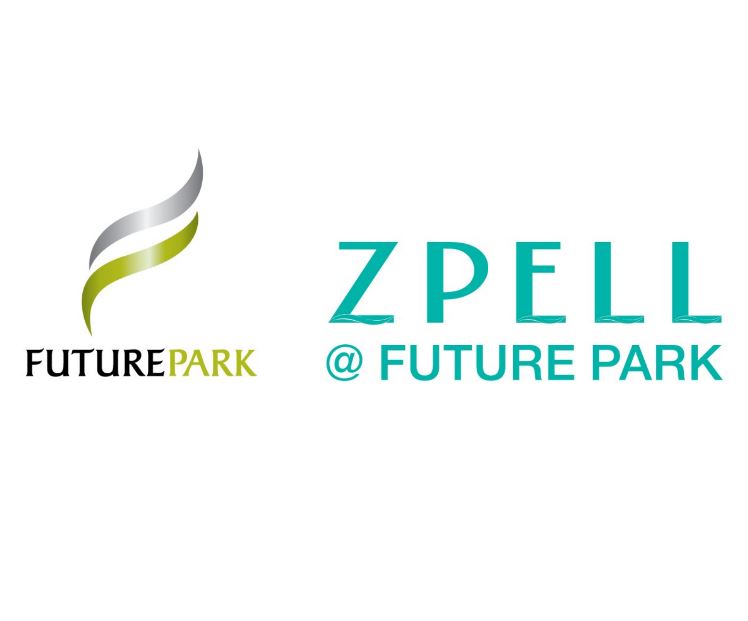บริษัท บางจาก คอร์ปอเรชั่น จำกัด (มหาชน) และ บริษัท เจริญโภคภัณฑ์อาหาร จำกัด (มหาชน) หรือ ซีพีเอฟ จัดพิธีลงนามในบันทึกความร่วมมือด้านความยั่งยืนทางธุรกิจ ในเรื่องการผลิตน้ำมันเชื้อเพลิงอากาศยานยั่งยืนจากน้ำมันปรุงอาหารใช้แล้ว ระหว่าง นายชัยวัฒน์ โควาวิสารัช ประธานเจ้าหน้าที่บริหารกลุ่มบริษัทบางจากและกรรมการผู้จัดการใหญ่ บริษัท บางจากฯ และนายประสิทธิ์ บุญดวงประเสริฐ ประธานคณะผู้บริหาร ซีพีเอฟ โดยมี นางกลอยตา ณ ถลาง รองกรรมการผู้จัดการใหญ่ งานบริหารความยั่งยืนและสื่อสารองค์กร บริษัท บางจากฯ และนางกอบบุญ ศรีชัย ผู้บริหารสูงสุดสายงานกิจการองค์กรและลงทุนสัมพันธ์ ซีพีเอฟ ลงนาม เป็นสักขีพยาน พร้อมด้วยผู้บริหารบางจากฯ ซีพีเอฟ และบริษัท บีเอสจีเอฟ จำกัด บริษัทในกลุ่มบริษัทบางจาก ร่วมงาน ณ อาคาร ซีพี ทาวเวอร์ ถนนสีลม
ภายใต้ความร่วมมือนี้ บางจากฯ และซีพีเอฟ จะร่วมกันบริหารจัดการการน้ำมันปรุงอาหารใช้แล้ว รวมถึงไขมันต่าง ๆ จากธุรกิจผลิตอาหารและไขมันจากบ่อบำบัดน้ำเสียของซีพีเอฟและบริษัทในเครือ เพื่อผลิตเป็นน้ำมันเชื้อเพลิงอากาศยานยั่งยืน (Sustainable Aviation Fuel – SAF) โดยบีเอสจีเอฟ
นายชัยวัฒน์ โควาวิสารัช ประธานเจ้าหน้าที่บริหารกลุ่มบริษัทบางจากและกรรมการผู้จัดการใหญ่ บริษัท บางจากฯ กล่าวว่า “ขอบคุณ CPF ซึ่งเป็นครัวไทยรายใหญ่ที่สุดรายหนึ่งในประเทศ ที่เข้าร่วมโครงการ “ทอดไม่ทิ้ง” เพื่อนำไปผลิต SAF พลังงานแห่งอนาคต นอกจากจะเป็นการสร้างเศรษฐกิจตามแนวทาง BCG แล้ว ยังเป็นการสร้างความร่วมมือที่ครอบคลุมด้าน ESG ซึ่งถือเป็นแกนหลักของความยั่งยืนในปัจจุบัน เพราะไม่เพียงแค่
ช่วยส่งเสริมในด้านการดำเนินธุรกิจ แต่ยังมีผลกระทบเชิงบวกต่อสิ่งแวดล้อมและสังคมอย่างแท้จริง ถือเป็นแรงผลักดันสำคัญที่ทำให้ทั้งสองบริษัทสามารถขับเคลื่อนการเปลี่ยนแปลงในเชิงบวกและสร้างอนาคตที่ยั่งยืนได้
ความร่วมมือระหว่างบางจากฯ และซีพีเอฟในครั้งนี้ ช่วยสร้างประโยชน์ในหลายมิติ นอกจากการเพิ่มมูลค่าให้กับของเสียจากกระบวนการผลิตอาหาร ซึ่งเป็นแนวทางเศรษฐกิจหมุนเวียนที่สมบูรณ์แบบ ยังส่งเสริมความยั่งยืนด้านสิ่งแวดล้อมและสุขภาพ ผ่านการนำน้ำมันปรุงอาหารใช้แล้วจากร้านอาหารในเครือซีพีเอฟ เช่น เชสเตอร์, ห้าดาว กระทะเหล็ก ข้าวมันไก่ ไห่หนาน ฯลฯ เข้าร่วมโครงการ “ไม่ทอดซ้ำ” และ “ทอดไม่ทิ้ง” ซึ่งเป็นโครงการที่
บีเอสจีเอฟร่วมดำเนินการกับพันธมิตรหลักผู้ริเริ่มโครงการ คือ กรมอนามัย กระทรวงสาธารณสุข มาตั้งแต่ ปี 2565 โดยมีเป้าหมายในการร่วมกันขยายเครือข่ายผู้ประกอบการที่มีความตระหนักในการเป็นส่วนหนึ่งของสังคม ในการดูแลสิ่งแวดล้อม สร้างคุณภาพชีวิตและสุขภาพที่ดีให้คนไทย ปัจจุบันมีหน่วยงานภาคราชการ เอกชน และผู้ประกอบการ ให้ความสนใจเข้าร่วมโครงการและส่งต่อน้ำมันปรุงอาหารเพื่อผลิต SAF มากกว่า 800 จุดทั่วประเทศ ซึ่งการแปรรูปน้ำมันปรุงอาหารใช้แล้วเป็น SAF จะช่วยสนับสนุนอุตสาหกรรมการบินให้เป็นมิตรต่อสิ่งแวดล้อมมากขึ้น ลดการปลดปล่อยก๊าซคาร์บอนไดออกไซด์ได้ถึง 80% เมื่อเทียบกับเชื้อเพลิงการบินแบบดั้งเดิม ช่วยตอบโจทย์การแก้ไขวิกฤตสภาวะภูมิอากาศ”
ด้านนายประสิทธิ์ บุญดวงประเสริฐ ประธานคณะผู้บริหาร ซีพีเอฟ กล่าวว่า ซีพีเอฟมุ่งมั่นนำนวัตกรรมมาพัฒนาผลิตภัณฑ์อาหารที่ดีต่อกายและดีต่อใจ ขณะที่บางจากฯ มีนวัตกรรมที่สามารถนำน้ำมันปรุงอาหาร ที่ใช้แล้วจากกระบวนการผลิต เพื่อผลิตเป็นน้ำมันเชื้อเพลิงอากาศยานยั่งยืน หรือ SAF ซึ่งเป็นการใช้ทรัพยากรอย่างรู้ค่าและหมุนเวียนกลับมาใช้ประโยชน์อย่างสูงสุด ช่วยลดผลกระทบต่อสิ่งแวดล้อม สอดคล้องกับแนวคิด Sustainovation ของซีพีเอฟที่นำนวัตกรรมมาช่วยตอบโจทย์ความมั่นคงทางอาหารและการบริโภคอย่างยั่งยืน จึงเกิดความร่วมมือในครั้งนี้ โดยมุ่งเน้นการบริหารจัดการน้ำมันปรุงอาหารใช้แล้ว (Used Cooking Oil : UCO) รวมถึงไขมันต่าง ๆ จากธุรกิจผลิตอาหาร และไขมันจากบ่อบำบัดน้ำเสียของซีพีเอฟ นำไปผลิตน้ำมัน SAF นอกจากนี้ ยังมีแนวการศึกษาที่อาจมีการขยายผลไปยังธุรกิจของกลุ่มซีพีเอฟในต่างประเทศในอนาคต “ความร่วมมือในครั้งนี้ จะเป็นก้าวสำคัญในการขับเคลื่อนกลยุทธ์การดำเนินธุรกิจอย่างยั่งยืนของทั้งสองบริษัท และถือเป็นหนึ่งในการดำเนินการด้านการรับมือกับการเปลี่ยนแปลงสภาพภูมิอากาศ หรือ climate action โดยการบริหารการลดของเสียจากกระบวนการผลิตที่จะมีผลกระทบต่อสิ่งแวดล้อมและสังคมให้มีมูลค่า ตามแนวคิดเศรษฐกิจหมุนเวียนอย่างครบวงจร หรือ Circular Economy”
สำหรับความคืบหน้าของการเตรียมเดินเครื่องหน่วยผลิต SAF ของบีเอสจีเอฟ ในพื้นที่โรงกลั่นน้ำมันบางจาก พระโขนง ที่อยู่ระหว่างก่อสร้าง กำลังดำเนินการตามแผนไปประมาณกว่า 70% ณ ปัจจุบัน และจะเริ่มผลิตในช่วงต้นไตรมาสที่ 2 ของปี 2568 ด้วยกำลังการผลิตเริ่มต้น 1 ล้านลิตรต่อวัน
——————————————————————————————————————————————————————————————-
Bangchak and CPF Join Forces to Power the Future Transforming Used Cooking Oil into Sustainable Aviation Fuel (SAF)
Bangchak Corporation Public Company Limited and Charoen Pokphand Foods Public Company Limited (CPF) held a signing ceremony for a business sustainability cooperation agreement to produce Sustainable Aviation Fuel (SAF) from used cooking oil.
Mr. Chaiwat Kovavisarach, Group Chief Executive Officer and President of Bangchak, and Mr. Prasit Boondoungprasert, Chief Executive Office of CPF, signed the agreement, with Mrs. Gloyta Nathalang, Senior Executive Vice President, Sustainability Management and Corporate Communications of Bangchak, and Ms. Kobboon Srichai, Head of Corporate Affairs and Investor Relations of CPF, served as signatories and witnesses. Executives from Bangchak, CPF, and BSGF Company Limited, a Bangchak affiliate, were present. The event took place at CP Tower on Silom Road.
Under the agreement, Bangchak and CPF will jointly manage used cooking oil and various fats from CPF’s food production facilities, including fats from CPF’s wastewater treatment plants and affiliated companies, to produce SAF through BSGF.
Mr. Chaiwat Kovavisarach, Group CEO and President of Bangchak said, “We are thankful to CPF, one of the largest food service providers in Thailand, for joining the ‘Fry to Fly’ initiative to produce SAF, the energy of the future. This effort not only builds an economy based on the BCG (Bio-Circular-Green) model but also strengthens our collaboration on ESG principles, which are the cornerstone of sustainability today. It supports both business operations and makes a positive impact on the environment and society. This collaboration serves as a crucial driving force, enabling both companies to inspire positive change and create a sustainable future.”
This collaboration between Bangchak and CPF provides numerous benefits across multiple dimensions. Beyond adding value to food production waste in a fully circular economic model, it also promotes environmental and health sustainability. Used cooking oil from CPF’s restaurant brands, such as Chester’s, Five Star, Iron Pan, and Hainanese Chicken Rice, participates in the “No Repeat Frying” and “No Fry Left Behind” initiatives. These programs, implemented by BSGF in collaboration with the Department of Health under the Ministry of Public Health since 2022, aim to expand a network of socially responsible entrepreneurs focused on environmental care and improving quality of life and health for Thai people. Currently, more than 800 public and private sector locations nationwide are participating by supplying used cooking oil for SAF production. Transforming this oil into SAF supports a more eco-friendly aviation industry, reducing CO₂ emissions by up to 80% compared to conventional jet fuel, a significant step in addressing the climate crisis.”
Mr. Prasit Boondoungprasert, Chief Executive Officer of CPF, stated that CPF is committed to leveraging innovation to develop food products that are both beneficial for physical and mental well-being. At the same time, Bangchak is poised to convert used cooking oil from its production process into Sustainable Aviation Fuel (SAF), maximizing resource efficiency and reducing environmental impact. This aligns with CPF’s Sustainovation approach, which uses innovation to address food security and sustainable consumption. This collaboration focuses on managing used cooking oil (UCO) and fats from food production and CPF’s wastewater treatment facilities to produce SAF. Furthermore, there is potential to expand this initiative to CPF’s international operations in the future.
“This partnership marks a significant step in driving both companies’ sustainable business strategies and is part of broader climate action efforts. By managing waste reduction within production processes, we aim to minimize environmental and social impacts and create value in line with the comprehensive Circular Economy approach.”
The progress of BSGF’s SAF production unit, currently under construction at Bangchak’s Phra Khanong Refinery, is on track, with over 70% completion to date. Production is set to begin in early Q2 of 2025, with an initial capacity of 1 million liters per day.

